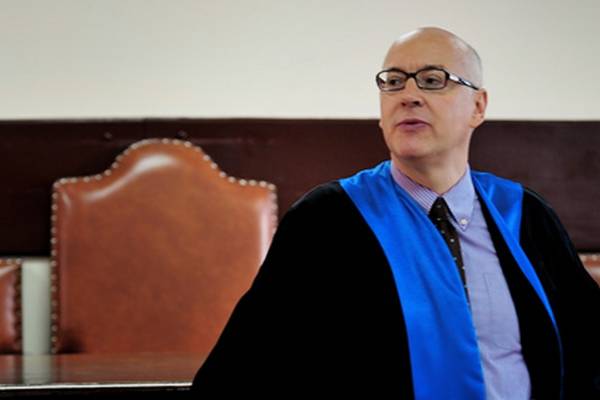Kosovo full of contradictions, but ready to the future
Former Eulex President, risk of Islamist drift must be avoided
26 September, 16:49by Elena Viotto
(ANSA) - UDINE- A country full of contradictions, which is still suffering the consequences of the Balkan conflict and which is running the risk of facing with an Islamist drift, but at the same time which is looking forward to entering the EU and relies on tourism as a driver of growth and development. This is Kosovo according to the judge of the Udine Court Francesco Florit, former president of the EULEX mission in Pristina, in an interview with ANSA New Europe. Former international judge in East Timor for special panels of the United Nations from November 2002 to May 2005, he was in Kosovo from March 2008 to November 2012: the first three years in the role of international criminal judge and from April 2011 to the end of October 2012 as president of EULEX, the EU mission. But he has still maintained ties with this country, ''the beautiful places'' where he often comes back and with the language he has studied for years in order to give further evidence to his commitment to the people he was assigned.
What was the purpose of Eulex?
''Eulex must intervene and ensure the 'rule of law' in three sectors: justice, police and customs, supporting local institutions. Being newly established, they don't have the necessary strength and rooting. The mission is still in progress, even if it is now declining''.
What sort of country was Kosovo when you first arrived there?
''A country full of contradictions, still suffering from cultural backwardness, but that looks to the future. A country which is willing to do extraordinary things, even though things are not always done in the best possible way. Spatial planning is chaotic, there is a high level of corruption. And there is a traditional attitude of Balkan fatalism. Anyway, it's a country where it is difficult to feel rejected, because the Kosovars and the Albanians are very hospitable people. '' Which were the main issues you had to deal with? ''The crime level is quite high, and this means that there are many more murders than in Italy, the rate is three times bigger.
Eulex judges were assigned the most serious crimes of corruption, multiple murders, and war crimes, still ongoing''.
What changes occurred during the four-year mission?
''Kosovo's judiciary has improved a lot. There is a remarkable level of professionalism, and the ability to organize the services of justice has certainly grown over the years. Nevertheless, the country still has a deficit. There was no administration of justice during the conflict and during the reconstruction. There is still a serious problem with enforcing judgments and there is a huge, traditional distrust of the Kosovars in their own courts. There must be a gradual maturing of awareness''. Do the Kosovars have more confidence in the international judges? ''Yes, indeed. There was a 'messianic' expectation with regards to EULEX mission. But it is a mistake. You can not leave a country without its own administration of justice''.
Is Kosovo ready to become 'autonomous' in this field?
''In my opinion, this step should have been taken even sooner. This of course does not mean that when the international judges will leave the country, Kosovo will be perfect at the legal level, but the international presence is likely to become an excuse''. Recent international developments have increased the risk of an Islamist drift in Kosovo. What do you think about this issue? ''This risk continues to exist. There are some Kosovar Isis fighters in Syria. It's true that some representatives of the Islamic community were arrested even in Kosovo by the Kosovo authorities, but this situation does not exist at a national level. There is no extremist Muslim proselytizing. But dialogue and openness are essential''.
Can you imagine, in the future, Kosovo being a Eu member country?
''Yes, of course. There is already a European prospect. Croatia is a member. Albania and Serbia have begun their accession process. There is certainly a lot of work to be done in Bosnia and Herzegovina. Macedonia could join the EU straight away, since this country is ready. Why shouldn't Kosovo join the EU, too? This country has a very young population, eager to work and fond of peace''. (ANSA).














